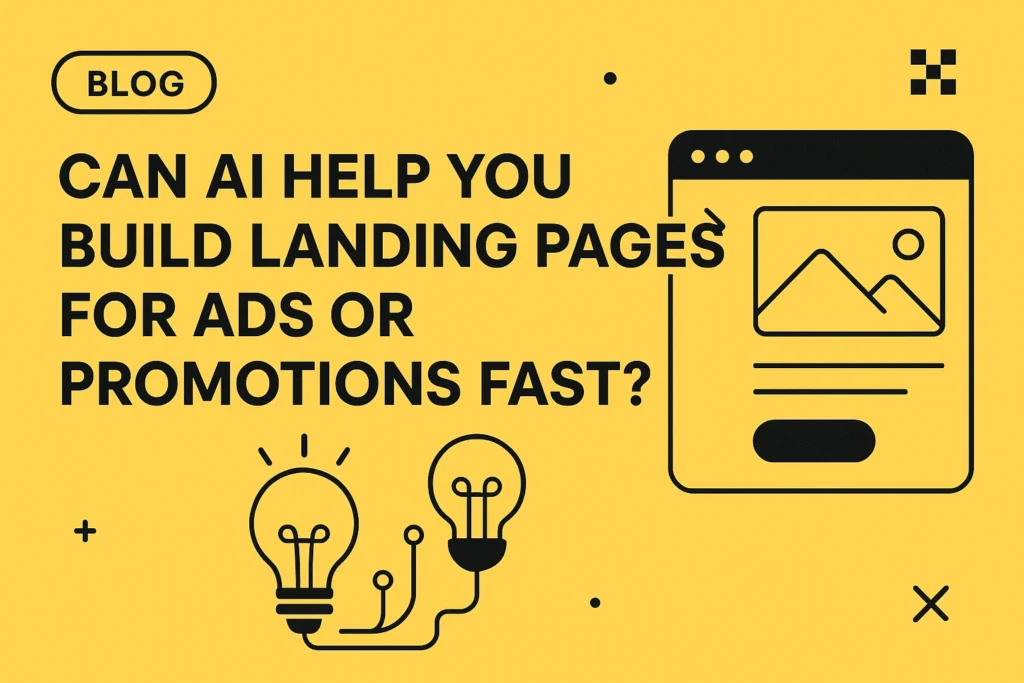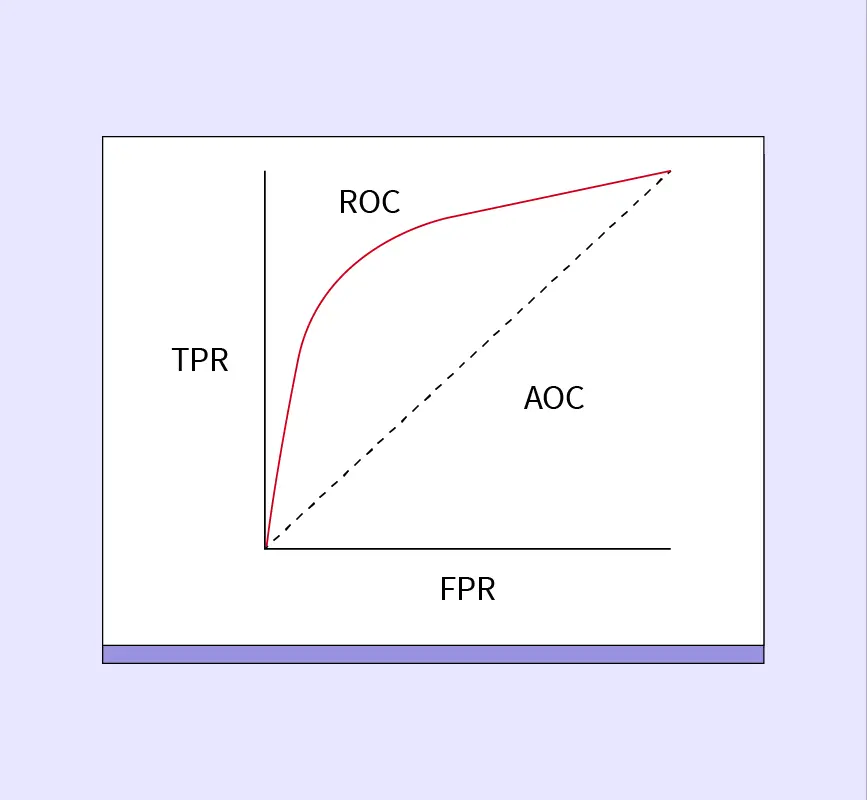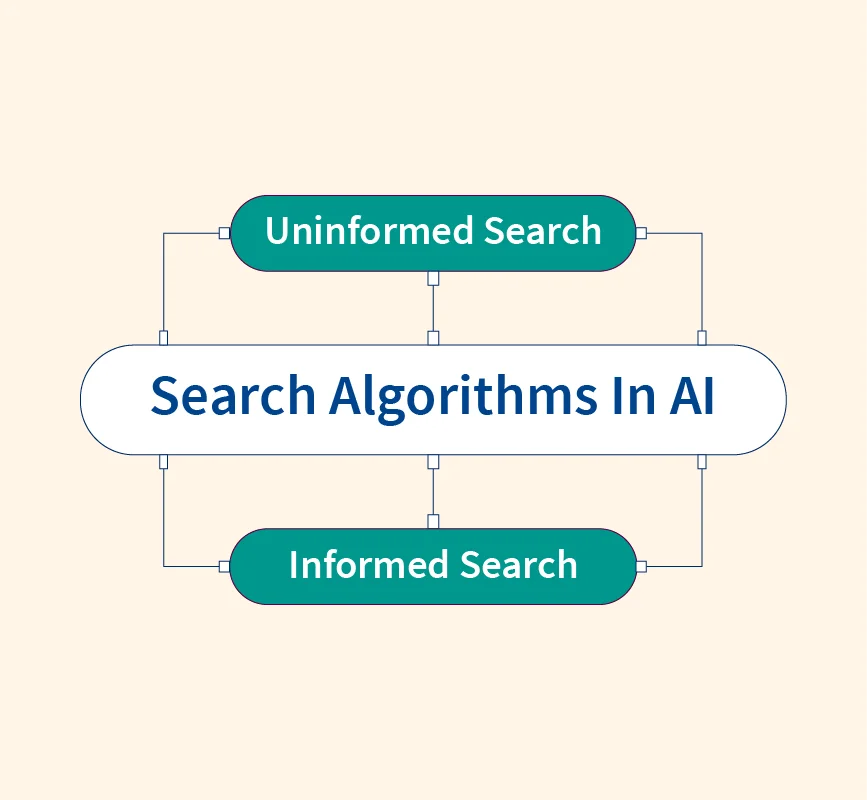Artificial Intelligence (AI) has rapidly become a transformative force, impacting various industries worldwide. From healthcare to finance, AI is reshaping how businesses operate and innovate. This article explores diverse AI applications, highlighting how AI enhances efficiency, drives insights, and opens new possibilities in numerous sectors.
What is Artificial Intelligence?
Artificial Intelligence (AI) is the simulation of human intelligence processes by machines, particularly computer systems. These processes include learning (acquiring information and rules for using it), reasoning (using rules to reach approximate or definite conclusions), and self-correction. AI encompasses a range of technologies such as machine learning, natural language processing, robotics, and deep learning, allowing machines to perform tasks that typically require human intelligence, like decision-making, problem-solving, and language understanding.
AI’s increasing integration into technology is due to its potential to handle vast amounts of data, make precise decisions in real-time, and adaptively improve over time. With the exponential growth of data and advances in computational power, AI has become essential in developing applications that can process information more efficiently and accurately than humans. As a result, AI-driven technologies are at the core of innovations across industries, paving the way for intelligent automation, predictive analytics, and personalized experiences that enhance productivity and transform user interactions.
Key Applications of Artificial Intelligence
Artificial Intelligence (AI) has a vast range of applications across different industries. By leveraging machine learning, data analysis, and automation, AI is transforming traditional workflows, enabling innovation, and delivering insights previously unattainable. Below, we explore the main areas where AI has significantly impacted various sectors, highlighting its specific uses and real-world examples.
1. AI in Healthcare
AI plays a crucial role in healthcare, where its applications range from diagnostics to personalized treatment and drug discovery. Through machine learning models and data analysis, AI systems analyze medical images, identify patterns in patient data, and assist doctors in diagnosing diseases more accurately. For example, AI algorithms are utilized in radiology to detect abnormalities in X-rays, CT scans, and MRIs, aiding in the early diagnosis of conditions like cancer and cardiovascular diseases.
Another vital use of AI in healthcare is predictive analytics, which helps healthcare providers forecast patient outcomes and proactively manage health conditions. AI models use historical patient data to predict the likelihood of certain health issues, allowing for more personalized and preventive care. Additionally, AI contributes to drug discovery by identifying potential compounds and simulating their effects, accelerating the development process. Pharmaceutical companies utilize AI-driven simulations to narrow down effective compounds and reduce costs associated with clinical trials.
AI is also being integrated into wearable health devices that continuously monitor patients’ vital signs. These devices provide real-time health data and can alert both patients and healthcare providers to potential health concerns, improving patient care and reducing hospital visits.
2. AI in Finance
In the finance industry, AI has transformed various aspects, including fraud detection, risk assessment, and algorithmic trading. AI-driven algorithms analyze transaction data to identify unusual patterns indicative of fraud. By flagging these anomalies in real-time, AI helps prevent fraudulent transactions and enhances financial security. In risk assessment, AI models analyze financial histories, credit scores, and market trends to evaluate the creditworthiness of individuals and businesses more accurately, thus aiding in loan approvals and minimizing defaults.
Algorithmic trading is another major application of AI in finance, where AI models execute trades at optimal times based on complex market data analysis. Predictive analytics in AI enables the analysis of stock market trends, identifying potential investment opportunities and risks. By processing large volumes of financial data, AI-driven algorithms can forecast stock price movements with a high degree of accuracy, allowing investors to make informed decisions.
Furthermore, AI is increasingly used in customer service within the finance industry. Chatbots powered by natural language processing handle customer inquiries, offer financial advice, and perform simple transactions, providing 24/7 assistance and improving customer satisfaction.
3. AI in E-commerce
AI significantly enhances the e-commerce experience by offering personalized product recommendations, streamlining inventory management, and providing efficient customer support. Through analyzing customer behavior and preferences, AI algorithms suggest relevant products to users, leading to higher engagement and improved sales conversions. Additionally, AI supports inventory management by forecasting demand, optimizing stock levels, and minimizing storage costs, helping retailers maintain an efficient supply chain.
AI-powered virtual try-on features are increasingly popular, allowing customers to visualize products like clothing, accessories, or makeup before purchase, creating a more interactive shopping experience. Customer support is also improved through AI chatbots that handle common inquiries and guide users through the shopping process, reducing wait times and increasing customer satisfaction. Overall, AI empowers e-commerce platforms to deliver a tailored, efficient, and engaging shopping experience.
4. AI in Education
In education, AI facilitates personalized learning experiences, automates administrative tasks, and supports virtual classrooms. By analyzing student performance data, AI-driven systems tailor educational content to individual learning styles and progress rates, allowing students to learn at their own pace. This customization boosts engagement and enhances comprehension, especially for students who may need extra support in certain subjects.
AI-driven virtual tutoring systems are available 24/7, providing instant feedback and assistance to students. These systems not only reinforce learning but also free up teachers’ time to focus on more complex instructional tasks. Additionally, AI assists in automating administrative processes such as grading, scheduling, and managing student records, making operations more efficient for institutions. Virtual classrooms powered by AI create an immersive learning environment, helping bridge the gap for remote education. Through these applications, AI is transforming education into a more accessible, efficient, and individualized experience.
5. AI in Marketing and Advertising
In marketing and advertising, AI enables targeted strategies through customer segmentation, targeted advertising, and sentiment analysis. By analyzing vast datasets on consumer behavior, demographics, and preferences, AI systems identify distinct customer segments, allowing marketers to tailor campaigns to specific groups effectively. This targeted approach enhances relevance, engagement, and conversion rates for businesses.
AI-driven sentiment analysis helps companies understand public perception by examining social media posts, reviews, and feedback, providing insights into customer sentiments toward brands or products. This real-time insight enables businesses to respond proactively, improving customer satisfaction and brand loyalty. Additionally, AI automates dynamic ad targeting, where advertisements adjust based on a user’s browsing history, preferences, and online activities, delivering personalized content in real-time. This not only enhances the user experience but also maximizes advertising impact. Through AI, marketing becomes more data-driven, personalized, and impactful, aligning content closely with individual customer needs.
6. AI in Social Media
AI plays a critical role in social media by enhancing user experience and maintaining platform integrity. AI algorithms curate and rank content on users’ feeds, presenting posts that are most relevant and engaging based on individual preferences and past interactions. This personalized feed keeps users engaged, contributing to longer platform usage.
AI-driven content moderation is essential for detecting and filtering inappropriate content, fake news, and hate speech. By using machine learning models trained on vast datasets, social media platforms can flag or remove harmful content in real-time, ensuring a safer online environment. AI also aids in identifying and mitigating the spread of misinformation, helping maintain credibility and trust among users. Through these applications, AI transforms social media into a more personalized, secure, and user-friendly experience.
7. AI in Automotive Industry
In the automotive industry, AI enables revolutionary advancements in autonomous vehicles, driver assistance, and predictive maintenance. Autonomous vehicles rely on AI to process sensor data, detect obstacles, navigate roads, and make driving decisions. Machine learning algorithms continuously refine these vehicles’ decision-making capabilities, making them safer and more reliable over time.
AI-powered driver assistance systems, such as adaptive cruise control, lane-keeping assistance, and automatic emergency braking, enhance road safety by supporting drivers with real-time alerts and automated responses to potential hazards. Additionally, predictive maintenance, driven by AI, uses data from vehicle sensors to anticipate when parts may need servicing, thus preventing breakdowns and reducing repair costs. In manufacturing, AI optimizes production lines and improves quality control through automated inspections. From autonomous driving to smart maintenance, AI reshapes the automotive landscape, driving progress toward safer and more efficient transportation.
8. AI in Entertainment
AI significantly enhances the entertainment industry by enabling content creation, personalized recommendations, and immersive virtual reality experiences. Streaming platforms leverage AI algorithms to analyze user preferences and viewing histories, offering tailored content recommendations that keep users engaged and returning to the platform. This personalized approach not only improves user satisfaction but also increases viewing time and platform loyalty.
In content creation, AI tools assist in generating music, scripts, and even video edits, streamlining the creative process. Virtual reality (VR) experiences are further enriched by AI, which helps in generating realistic environments and interactive elements, providing audiences with an immersive experience. AI-driven personalization and innovative content creation methods make entertainment more engaging and accessible, reshaping how content is consumed.
9. AI in Agriculture
AI is transforming agriculture by improving efficiency and precision in crop management, yield prediction, and robotic harvesting. Through advanced image recognition and data analysis, AI systems monitor crop health by detecting issues such as disease, pests, and nutrient deficiencies early, allowing farmers to take preventive measures and optimize yield.
AI-driven yield prediction models analyze historical data, weather patterns, and soil conditions, enabling farmers to make data-driven decisions on crop planting and harvesting. Robotic harvesting, powered by AI, automates the picking of fruits and vegetables, significantly reducing labor costs and minimizing damage to produce. In addition, AI-based smart irrigation systems ensure crops receive the right amount of water based on real-time weather and soil data, leading to efficient water use. AI’s application in agriculture enhances productivity, sustainability, and resource management, ultimately helping to meet the growing global demand for food.
10. AI in Gaming
In the gaming industry, AI elevates the gaming experience by creating responsive non-player characters (NPCs) and enabling procedural content generation. AI-driven NPCs react intelligently to players’ actions, creating a dynamic and immersive environment, particularly in open-world games. These characters display realistic behaviors, adding depth and engagement to the gameplay.
Procedural content generation, powered by AI, allows for the automatic creation of game levels, terrains, and storylines, providing players with unique experiences each time they play. This technique reduces development time and offers players more variety, enhancing replayability. AI’s contribution to gaming makes virtual worlds more interactive, engaging, and lifelike, setting new standards for immersive entertainment.
11. AI in Robotics
AI plays a crucial role in advancing robotics, especially in industrial automation, precision-based tasks, and collaborative robots. In manufacturing, AI-powered robots efficiently handle repetitive tasks, enhance productivity, and reduce human error, enabling higher output quality and consistency. These robots are also deployed for precision tasks, such as assembling intricate components in electronics or automotive industries, where meticulous accuracy is essential.
Collaborative robots, or “cobots,” work alongside human workers, enhancing safety and efficiency in industrial settings. AI enhances these robots with advanced sensors and machine learning algorithms, allowing them to adapt to new tasks and environments without human intervention. In the medical field, AI-driven robots assist in surgeries, offering precise and minimally invasive procedures that reduce recovery times for patients. AI-powered robotics continues to transform various industries, making operations more efficient, accurate, and safe.
12. AI in Data Security
In data security, AI enhances protection mechanisms through anomaly detection, threat intelligence, and automated response systems. AI algorithms are capable of analyzing vast amounts of data to identify unusual patterns or anomalies that could indicate potential cyber threats. By detecting these anomalies early, AI allows organizations to take proactive measures to counteract data breaches and cyber-attacks before they escalate.
AI-driven threat intelligence systems continuously monitor global cyber activity, providing real-time insights and predictive analytics on emerging threats. This enables cybersecurity teams to stay ahead of potential risks and implement necessary defenses. Furthermore, AI facilitates automated responses to certain types of security incidents, such as blocking malicious IPs or isolating compromised systems, reducing response time and limiting potential damage.
For instance, AI-powered security solutions in enterprises help in preventing phishing attacks, malware intrusions, and unauthorized data access. By leveraging AI, organizations strengthen their cybersecurity infrastructure, enhancing their ability to protect sensitive data and ensure regulatory compliance in an ever-evolving digital landscape.
13. AI in Natural Language Processing (NLP)
AI in Natural Language Processing (NLP) enables machines to understand, interpret, and generate human language, making it highly valuable for various applications. Language translation tools, such as Google Translate, utilize AI to provide real-time translations between multiple languages, bridging communication gaps across cultures and countries. In sentiment analysis, AI analyzes customer feedback, social media posts, and reviews to gauge public sentiment, allowing businesses to respond proactively to customer needs and preferences.
Another significant use of NLP is in chatbot functionality, where AI-driven virtual assistants like Siri and Alexa engage in natural conversations with users. These AI assistants use NLP to understand and process user commands, providing relevant information, answering queries, or even executing tasks such as setting reminders. NLP-powered systems continue to advance, creating more accurate and context-aware language models, thus enhancing user experience and efficiency in customer service, content moderation, and beyond.
14. AI in Astronomy
In astronomy, AI assists scientists in exploring the universe by analyzing vast datasets and detecting patterns that may not be immediately visible to human observers. AI technologies contribute to space exploration by helping identify exoplanets, stars, and other cosmic phenomena, enabling a more comprehensive understanding of our universe. For example, AI algorithms scan data from telescopes to detect anomalies that could indicate the presence of new celestial bodies or events like supernovae. By automating data analysis, AI accelerates discoveries, paving the way for new insights into space and enhancing our knowledge of the cosmos.
The Future of AI Applications
The future of AI holds immense potential for advancements across numerous industries. As AI technologies continue to mature, applications in healthcare may see personalized treatments driven by precise genetic data, while autonomous systems in transportation could become safer and more efficient. Emerging fields, such as AI-driven biotechnology, aim to revolutionize areas like drug discovery and genetic engineering, potentially extending human lifespan and improving health outcomes.
In addition, fields like quantum computing could significantly enhance AI’s processing power, enabling breakthroughs in scientific research and cryptography. The integration of AI with Internet of Things (IoT) devices is also expected to create smarter, more responsive environments in smart cities and homes. As AI expands its reach, new applications are likely to arise, influencing fields we can only begin to imagine today. This rapid evolution positions AI as a key driver of future innovation and societal transformation.
Conclusion
AI has become a versatile and transformative force, impacting diverse sectors and driving substantial progress in technology and human life. From healthcare and finance to agriculture and space exploration, AI applications continue to reshape traditional processes, offering efficiency, accuracy, and innovative solutions to complex problems. As AI technology advances, its influence will only grow, opening new possibilities across industries. Staying informed about AI’s developments is crucial, as the technology promises to usher in even more transformative changes that will shape the future of work, science, and society.
References:


